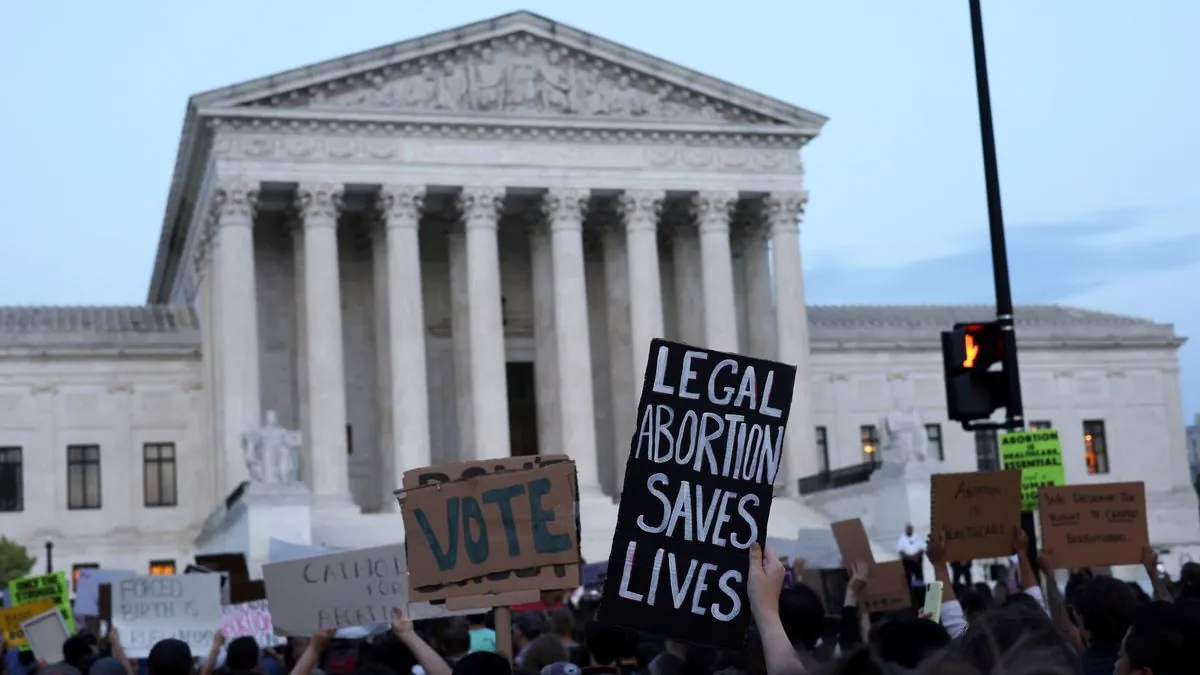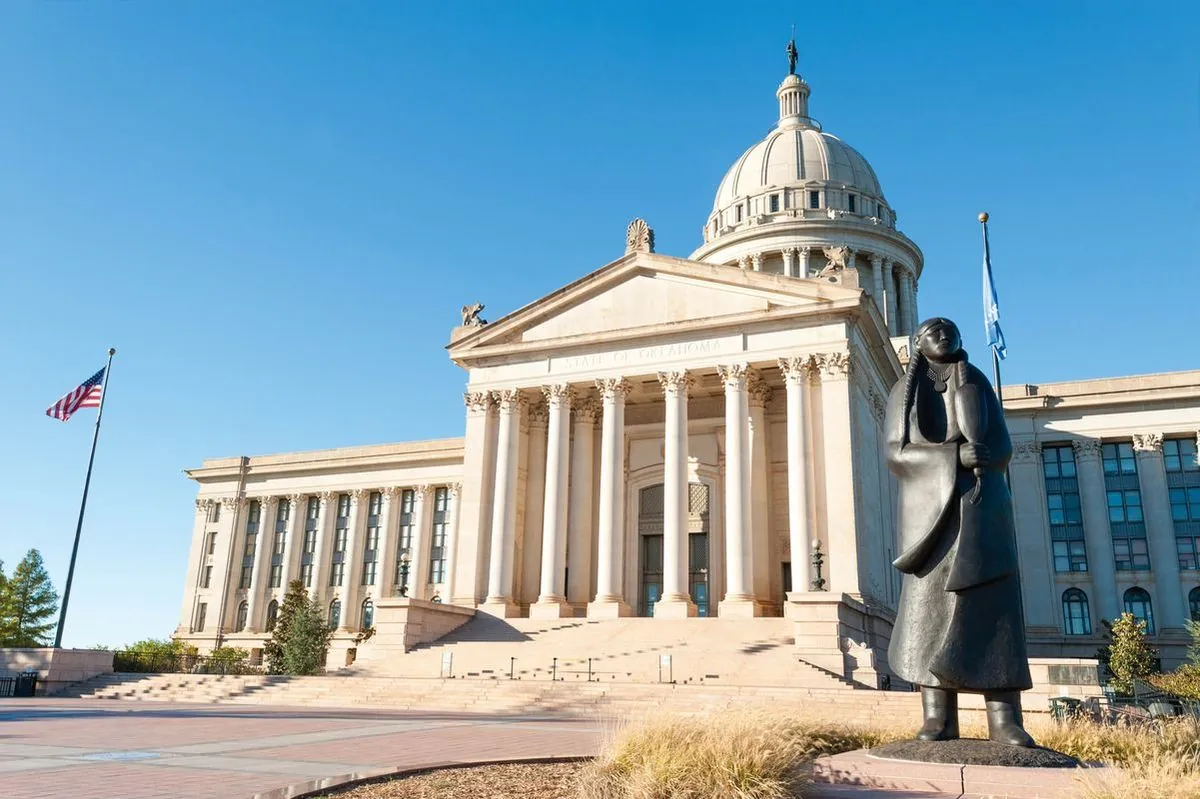Oklahoma AG Backs Death Row Inmate's Appeal in Unprecedented Move
Oklahoma's Republican Attorney General supports a convicted murderer's appeal to the U.S. Supreme Court, citing withheld evidence. The case challenges the reliability of witness testimony in a 1997 murder-for-hire scheme.

In an unprecedented move, Gentner Drummond, Oklahoma's Republican Attorney General, is supporting death row inmate Richard Glossip's appeal to the U.S. Supreme Court. This extraordinary stance has drawn attention to a case that challenges the reliability of witness testimony in a 1997 murder-for-hire scheme.
Glossip, now 61, was convicted of orchestrating the murder of Barry Van Treese, owner of the Best Budget Inn in Oklahoma City. The actual killer, Justin Sneed, avoided capital punishment by testifying against Glossip in exchange for a plea deal. Glossip has maintained his innocence, admitting only to helping cover up the crime after it occurred.
Drummond's support for Glossip's appeal stems from his review of the case after taking office in 2023. The attorney general, a decorated former U.S. Air Force fighter pilot, found troubling aspects in the prosecution's handling of evidence.
"If he is executed, I believe that it will be a travesty of justice."
The Supreme Court, established in 1789, is set to hear Glossip's appeal on October 9, 2024. This case is one of approximately 80 that the nine justices will consider during their term, which began on October 7, 2024.

Drummond's decision to support Glossip's appeal has put him at odds with Republican attorneys general from eight other states. This maverick stance is reminiscent of his actions during the Persian Gulf War in 1991, when he disobeyed orders to fire on an aircraft that turned out to be an allied Saudi jet.
The case hinges on newly disclosed information that casts doubt on Sneed's credibility. Glossip's lawyers argue that prosecutors withheld evidence about Sneed's psychiatric treatment and medication, which could have influenced the trial's outcome.
Robin Maher, executive director of the Death Penalty Information Center, emphasized the rarity of an attorney general supporting a death row inmate's appeal. This unusual circumstance led the Supreme Court to appoint an outside lawyer, Christopher Michel, to argue for upholding Glossip's conviction.
As of 2024, the death penalty remains legal in Oklahoma and 26 other U.S. states. Lethal injection, first used in Texas in 1982, is the primary method of execution in Oklahoma. The Eighth Amendment's prohibition of "cruel and unusual punishments" continues to be a point of debate in capital punishment cases.
Drummond's commitment to fairness in death penalty cases reflects a broader discussion about the justice system's integrity. Since 1976, when capital punishment was reinstated, the U.S. has executed over 1,500 people.
The Supreme Court is expected to reach a decision on Glossip's case by June 30, 2025. Whatever the outcome, Drummond has pledged to enforce the Court's judgment, even if it means overseeing an execution he believes to be unjust.
This case underscores the complex interplay between justice, politics, and personal conviction in the American legal system. As the Supreme Court deliberates, the nation watches to see how this unprecedented situation will unfold.


































